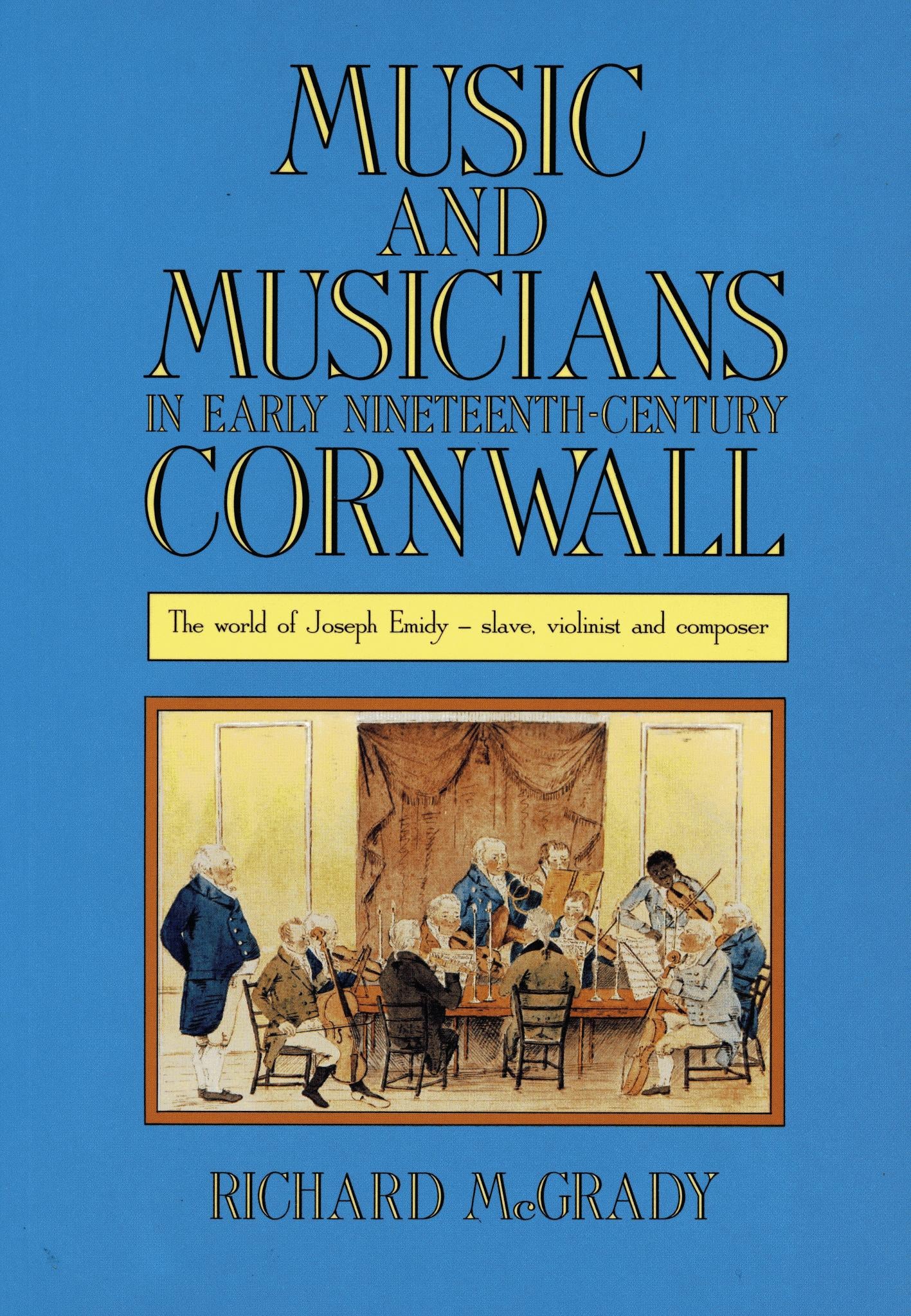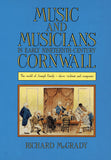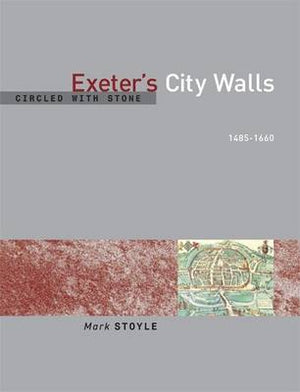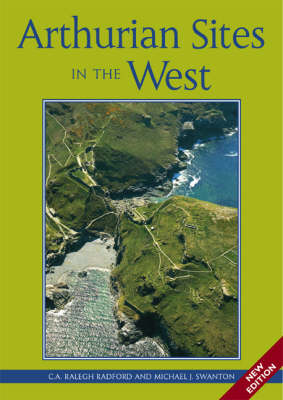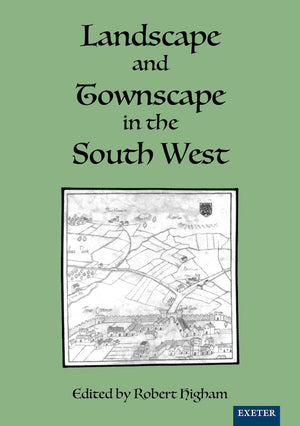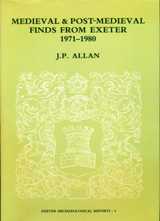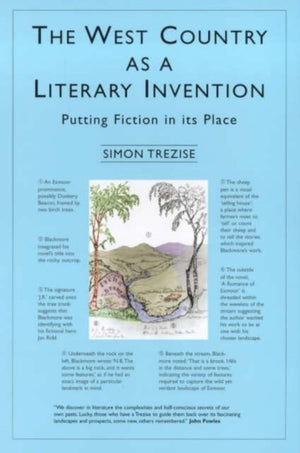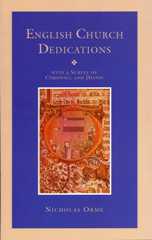University of Exeter Press
Music and Musicians in Early Nineteenth-Century Cornwall
The World of Joseph Emidy - Slave, Violinist and Composer
Couldn't load pickup availability
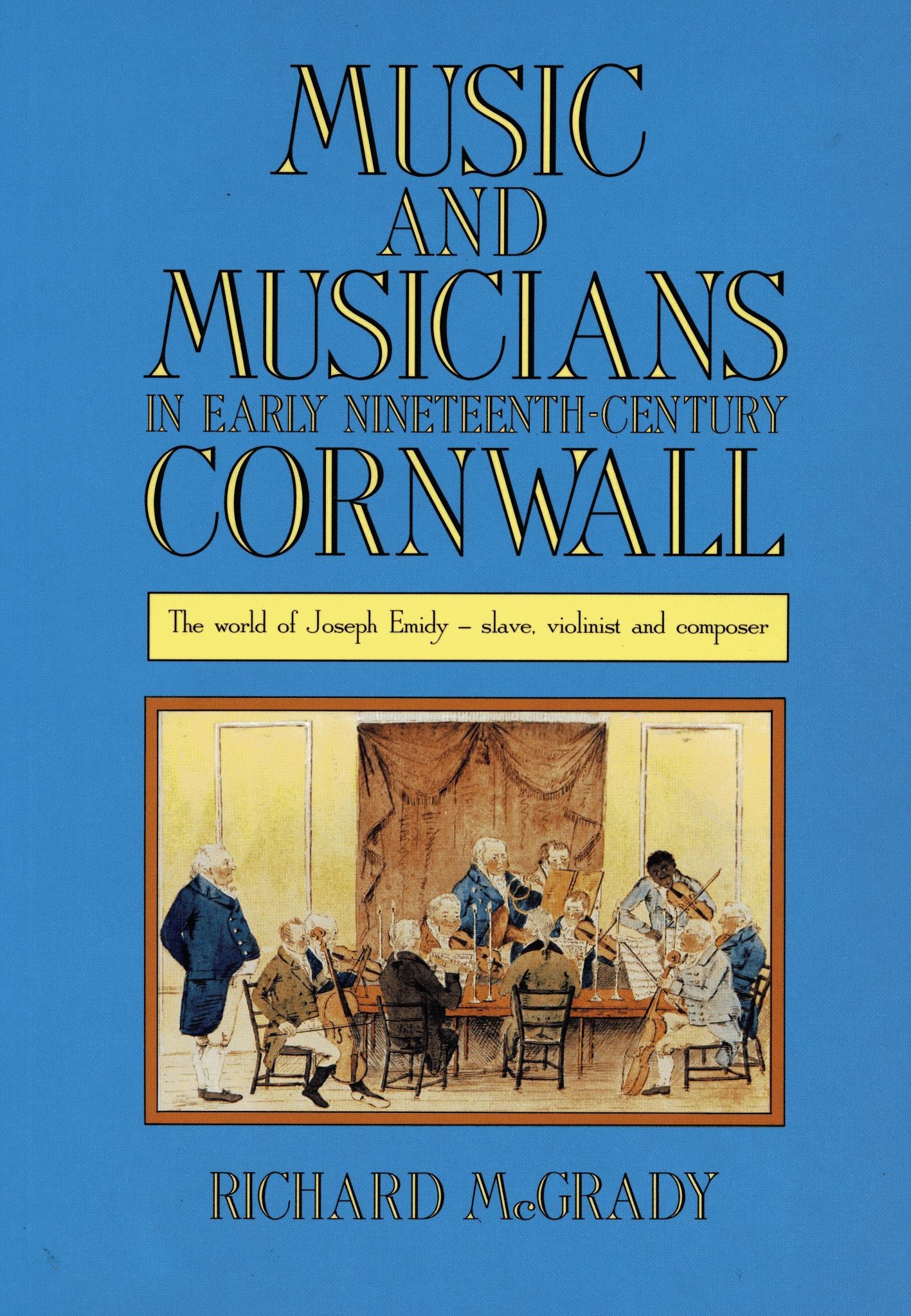
- 174 Pages
Taken from Africa into slavery by the Portuguese, kidnapped by the British Navy and held captive aboard ship during the French wars of the 1790s before being abandoned in Falmouth, the stranger-than-fiction story of Joseph Emidy deserves telling in its own right. What makes it more remarkable is that Emidy — a violinist and composer — became a prominent figure in the musical scene in Cornwall for the remaining thirty years of his life. This account sets his life against the musical activities of the assemblies, harmonic societies, theatre, church and chapel.
By producing comic operas and introducing novelty acts professional theatre companies offered musical entertainment as an integral part of their activities, amateur orchestras flourished, and militia bands became a regular feature of the life of several communities. There were even attempts to create a regular pattern of tours by national and international figures, especially the stars of Italian opera and the London stage. Through the installation of organs and by the work of locally-based composers the Anglican church sought to raise standards of music in services. The richly varied pattern of local activity is illustrated by accounts in local newspapers, as well as by personal memoirs; many of the anecdotes are amusing and always enlightening in the view they offer of a provincial society at a time of great and hitherto unsuspected activity and change.
Foreword, vii; Prologue The Native of Portugal, 1; PART ONE: 1775-1799; 1 The Slave: Portugal and the Guinea Coast, 15; 2 The Indefatigable, 23; PART TWO: CORNWALL 1799-1835; 3 New Life: Falmouth, 39; 4 A 'display of Beauty, Rank and Fashion': Cornwall's First Music Festivals, 48; 5 Truro: Assemblies, Balls and Concerts, 63; 6 'So innocent yet so fascinating an amusement...': Concerts across the County, 77; PART THREE: CHURCH AND CHAPEL; 7 'A strain so grand and impressive': The Church and its Music, 89; 8 Bennett Swaffield and the St. Austell Choir, 103; 9 'None but persons of ability and good moral conduct need apply': Organs and organists, 109; PART FOUR: THE THEATRE; 10 'A moral and instructive school of rational entertainment': The Theatre, 127; Epilogue The Lost Composer, 143. Appendix A The Byfield Organ in St. Mary's Parish Church, Truro, 150; Appendix B Composers mentioned in concert reports, 152; Notes, 156; Select Bibliography, 162; Index, 165.







